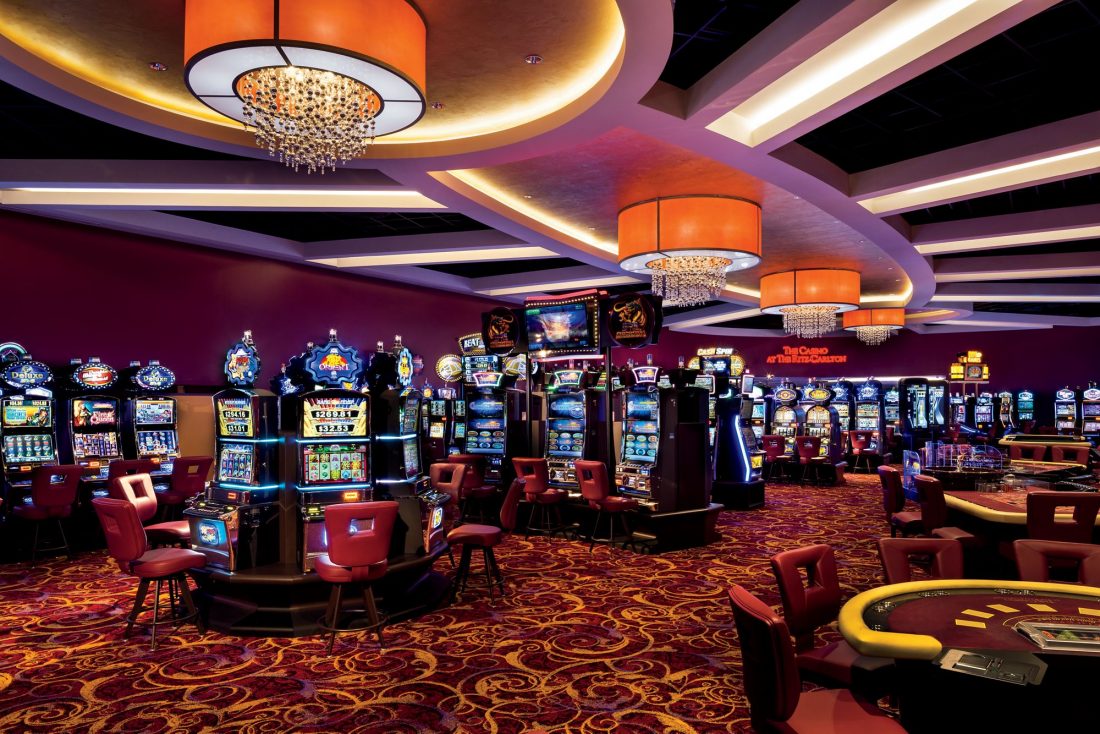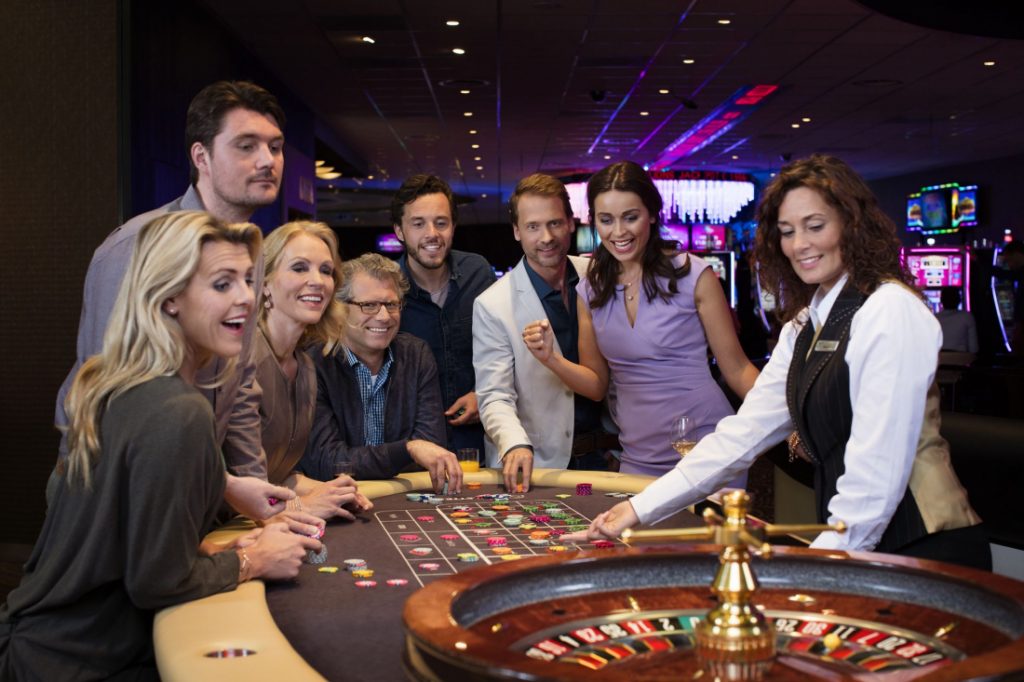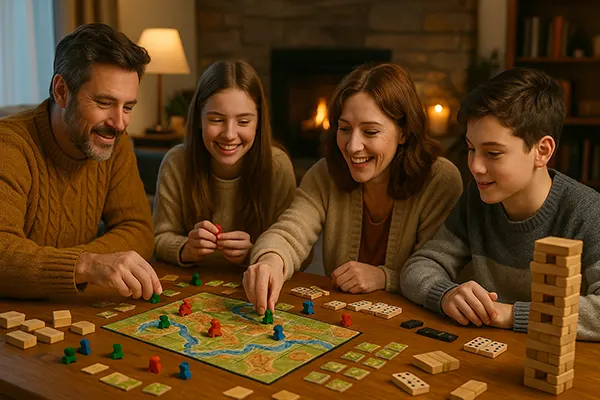
History of Cultural differences in Gambling
Historians explain the origins of many games and gaming supplies in China. But most of the gambling games we know today originated in Europe in the 17th century, especially in Italy and France. Gambling was still strongly linked to religion at the time. If you won, it was your fate or the will of God. Gambling games gradually became a feast for the nobility in particular. And only in the twentieth century did it spread widely among the population.
The history of gambling in America is linked to explorers’ pioneering. Emigrants brought the games to the new world, but without the historically developed social environment. There was no pressure from religion or the like. Americans played for fun in gaming houses, on casino boats, and the like.
The Chinese have come up with many games and gaming equipment, but they have always been against gambling. Or at least they were strictly forbidden by the government to gamble. They played mahjong for money, but mainly at home with friends and family. And they viewed it as a board game, not a gambling. That is how they looked at the popular national lottery.
Childhood memories
Another difference lies in the fact that Americans and Europeans are individualistic. While the Chinese focus more on the collective. Where the individualist’s own goals are central, the Chinese looks more at the interests of his family and environment.
This difference appeared to be reflected in the studies that gambling entrepreneurs had conducted. For example, participants in studies were asked about childhood memories. Americans and Europeans came up with detailed personal stories full of emotion. For the Chinese, on the other hand, they were mainly abstract stories of family gatherings.
First gambling experience
The first gaming and gambling experience also showed interesting differences in childhood memories. Young Americans mainly played board games (board games like Monopoly) and later gambling games like poker . For Europeans it turned out to be mainly board games and outdoor games such as marbles. However, their first gambling memory was seeing their parents buy a ticket, hoping to pay out a grand prize . The first gaming experience of the Chinese turned out to be very different in studies, from outdoor games to video games. However, their first gambling experience was seeing or playing Mahjong themselves.
Obviously, there were age differences in the demand for memories. One participant put the memory around the age of seven, another a little later. Yet there was a clear conclusion to be drawn when the first gambling experience took place. With Americans around the age of 7, Europeans around the 8th year and the Chinese around the 9th year.

Numerous cultural differences
The various studies gave a very broad picture of cultural differences. Numerous conclusions could be drawn from this. But translating it into an unambiguous casino concept where the three groups would feel at home was a completely different story.
An attempt to make that easy was the following, somewhat generalized marketing suggestion. Americans like competition. If they win, they want to be put in the spotlight. The social aspect of playing together is important here.
Europeans, especially from Central Europe, want to be caressed for their knowledge of the game. They prefer slot games where anyone can win, but where you have an edge if you can use a strategy or system . Exclusive spaces for good players help to underline their superiority.
Chinese also believe in advantage and exclusivity. For them, however, this is because one person is more fortunate than the other. Gambling is in principle a social activity for them. But due to a lack of experience with legal gambling, which has grown over generations, they go too far; in the event of a loss, they continue to play because happiness must eventually come. The 3win2u casino Thai casino must find ways to avoid losing face.
Make choices
Gambling entrepreneurs do not have it easy. The Americans who want to work in China and other Asian countries can perhaps suffice with a Chinese approach. Johann Graf’s Novomatic will find that differences exist even in Europe.
All in all, the entrepreneurs have found a way. And they still adapt it, because their world simply keeps moving. However, they do take more account of cultural differences in gambling. And they include the gambling history of countries and peoples in their decisions.



